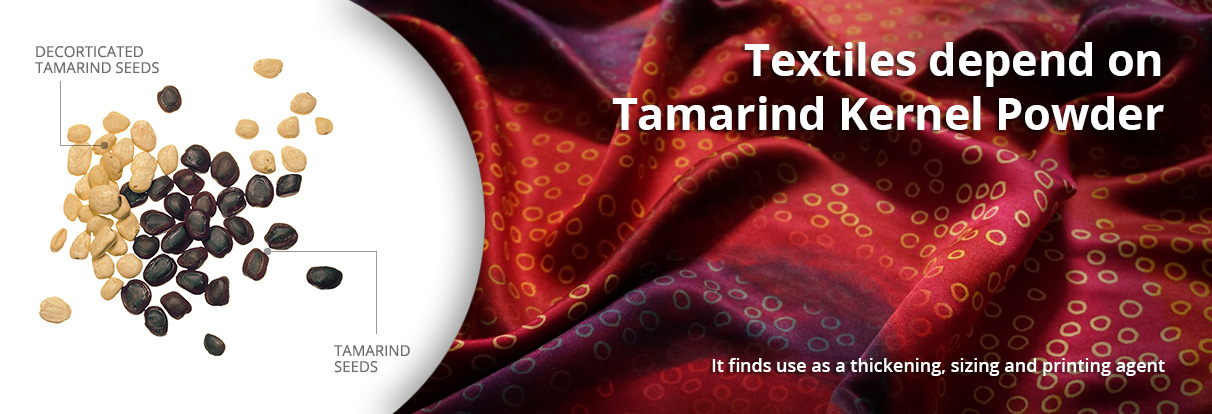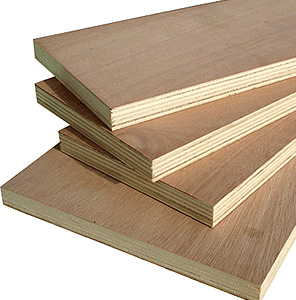An Introduction
Tamarind Kernel Powder is derived from the seed of the tamarind tree, Tamarindus indica, one of the most common trees of southern India. The tamarind fruit is a large flat pod which is 10 to 15 cms in length. It contains tamarind seeds, stringy fibrous matter and an acidic pulp. The seeds are a by-product of the tamarind pulp industry. The seed is flat and of irregular shape, being round ovate or obtusely four sided. The kernel, which makes 70% of the seed is covered by a testa having a rich brown colour.
The seeds are cleaned, decorticated, polished and then milled to obtain regular Tamarind Kernel Powder. In order to obtain Deoiled Tamarind Kernel Powder, the flakes of the polished seeds are subjected to an extraction process that brings down the oil content from 7% to less than 1.25% and are then milled into powder.
Physical and Chemical Characteristics
Tamarind Kernel Powder is creamy white in colour. It is a polymer composed of D-mannose and D-galatose units. It has a high water absorption capacity and its solutions can retain viscosity over a broad range of pH. When heated with water, it forms thick, viscous, colloidal dispersions that yield strong, transparent, elastic films on evaporation. The maximum viscosity of the powder is obtained in the pH range of 7.0 to 7.5.
Applications
Textiles
As a thickening, sizing and printing agent
Paper
As a sizing agent
Plywood
As an extender in urea-formaldelyde resin adhesive for plywood
Tobacco
As a binder for fragmented tobacco fines
Tamarind Kernel Powder Grades from Premcem
| Type | Oil content | Particle Size | Viscosity* |
|---|---|---|---|
| Regular | 7.00 % max | 95% min through 270 mesh | 5000 cps min |
| Deoiled | 1.25% max | 90% min through 300 mesh | 6000 cps min |
* Viscosity results are for a 4% hot solution






